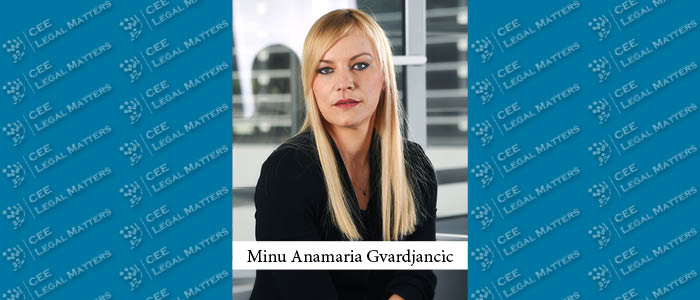Contributed by Schoenherr
CEELM Covid-19 Comparative Legal Guide: Contracts in Slovenia
Contributed by Law firm KBP, member of Adriala
CEELM Covid-19 Comparative Legal Guide: Contracts in North Macedonia
Contributed by Knezovic & Associates, member of Adriala
CEELM Covid-19 Comparative Legal Guide: Contracts in Turkey
Contributed by Kolcuoglu Demirkan Kocakli


















